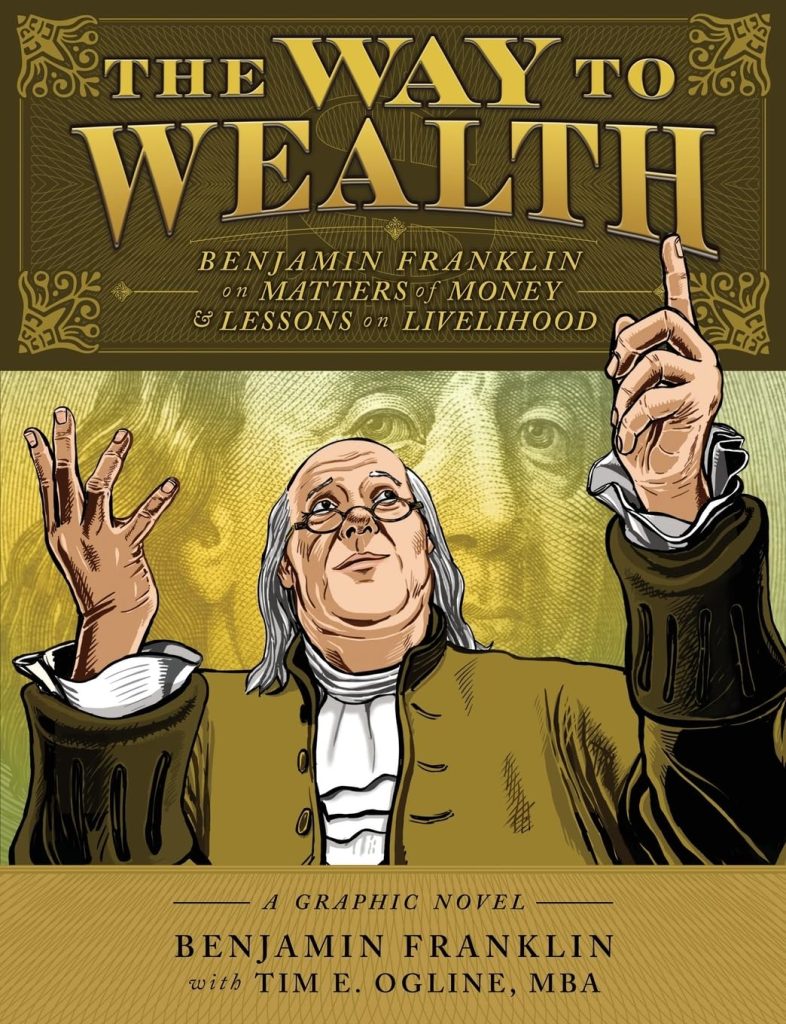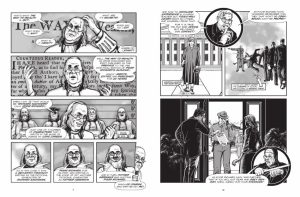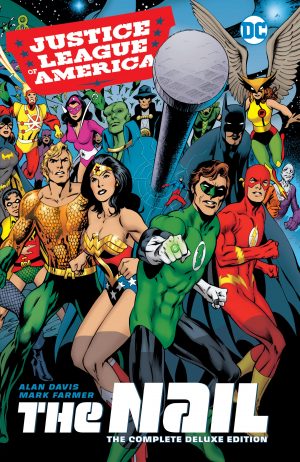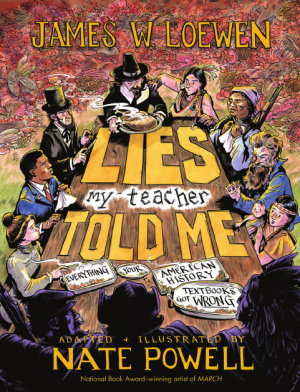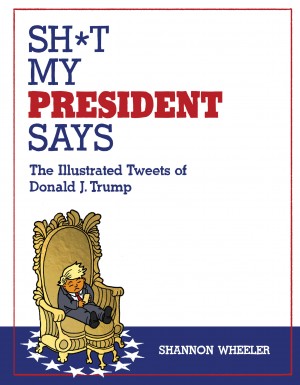Review by Frank Plowright
Benjamin Franklin died in 1790, and for most of the time since has been regarded as a wise and compassionate polymath whose influence and discoveries are still important. However, latterly his very gradual conversion from slave owner to abolitionist makes him a more contentious figure, and as with many people of his era, for some that overshadows his achievements.
His publishing fortune was made by Poor Richard’s Almanac, which followed the pattern of the times by mixing his home concocted proverbs, a calender, puzzles and poems. Never one to miss a trick, Franklin then collected the aphorisms into an essay titled ‘The Way to Wealth’, with wealth contextualised in the spiritual sense, not just the monetary, although Franklin was notoriously frugal and conceived many sayings on that topic still in common use.
Adapter Tim E. Ogline begins with Franklin explaining himself and his principles, the sample art showing the complex string of aliases he used. Ogline’s chosen to modify Franklin’s original text, retaining the meaning, but rephrasing it in more modern language, and applying illustrations setting events in the present day. If that offends, the original text follows the adaptation. So Franklin, or his alias Father Abraham, still attends an auction at the start, but it’s a modern day bankruptcy sale featuring goods Franklin himself wouldn’t have conceived.
‘The Way to Wealth’ praises hard work and perseverance, only natural from a self-made man, yet Franklin had no knowledge of the obstacles now hindering the industrious as big business was unknown in his times. While the the virtues praised are still desirable, it means wise advice isn’t as all encompassing as it might have been at the end of the 18th century. Starting your own business is no guarantee of happiness no matter how smart or hard working you are, as the frustrations and pressures are now considerably greater.
Franklin’s ability to string together so many sayings into a coherent narrative is still astonishingly skilful, and just because some may no longer necessarily be a way to any form of wealth is no reason not to admire his conceptual genius. When it comes to his legendary tight nature, some advice is less generally applicable. Here the accumulation of wealth is more literal by modern understanding, and while much still applies, Franklin’s own tolerances are passed on as universal principles. The less he spent, the happier he was, yet few would have his forbearance for depriving themselves as it would diminish other forms of wealth he describes.
The pattern of illustrating contemporary situations continues throughout, with the idle characterised as playing video games, golf and watching TV. This is where the adaptation falters, as it’s Ogline either applying his own sensibilities, or unable to come up with something more suitable. While TV or games can be opium for the masses, they’re also powerful learning tools, just as a book being read and providing an example of the virtuous person could be the works of Aristotle or Katie Price.
Otherwise Ogline’s precise illustrations give variety to what could otherwise be dry. Viewpoints are varied, as are his multiple portraits of Franklin, and he supplies considerable detail to both clothing and technology.
Few works from the past remain universally applicable, but Franklin’s common sense continues to inspire self-help books today, meaning much of what he had to say remains of value. Ogline’s personification of Franklin is a charming host giving much to consider.
